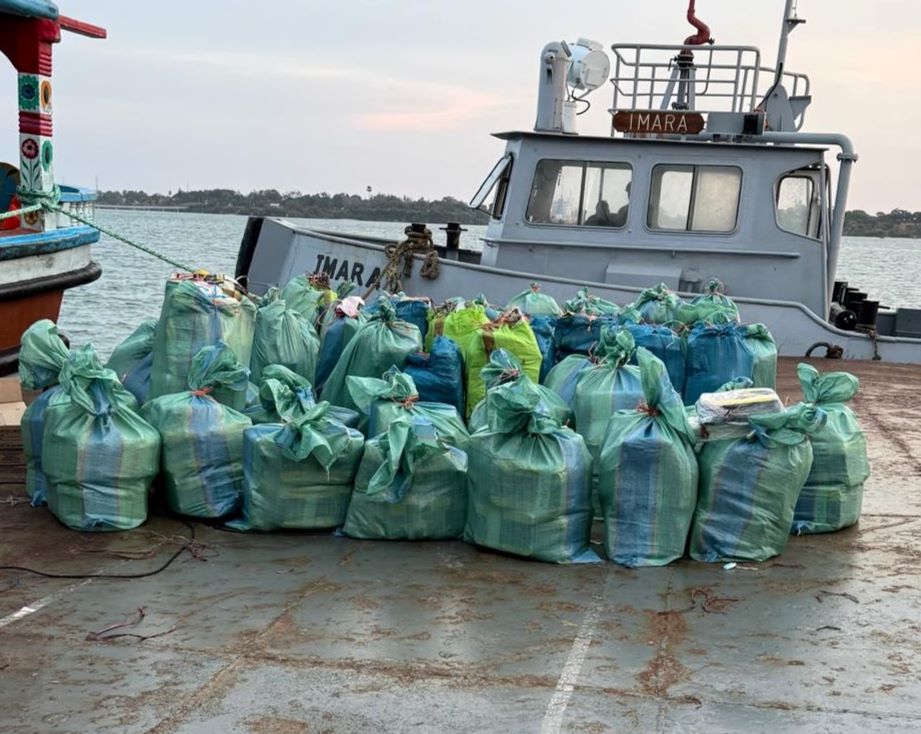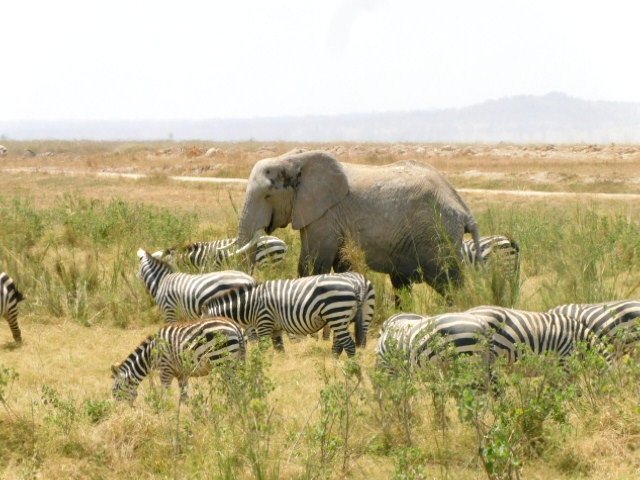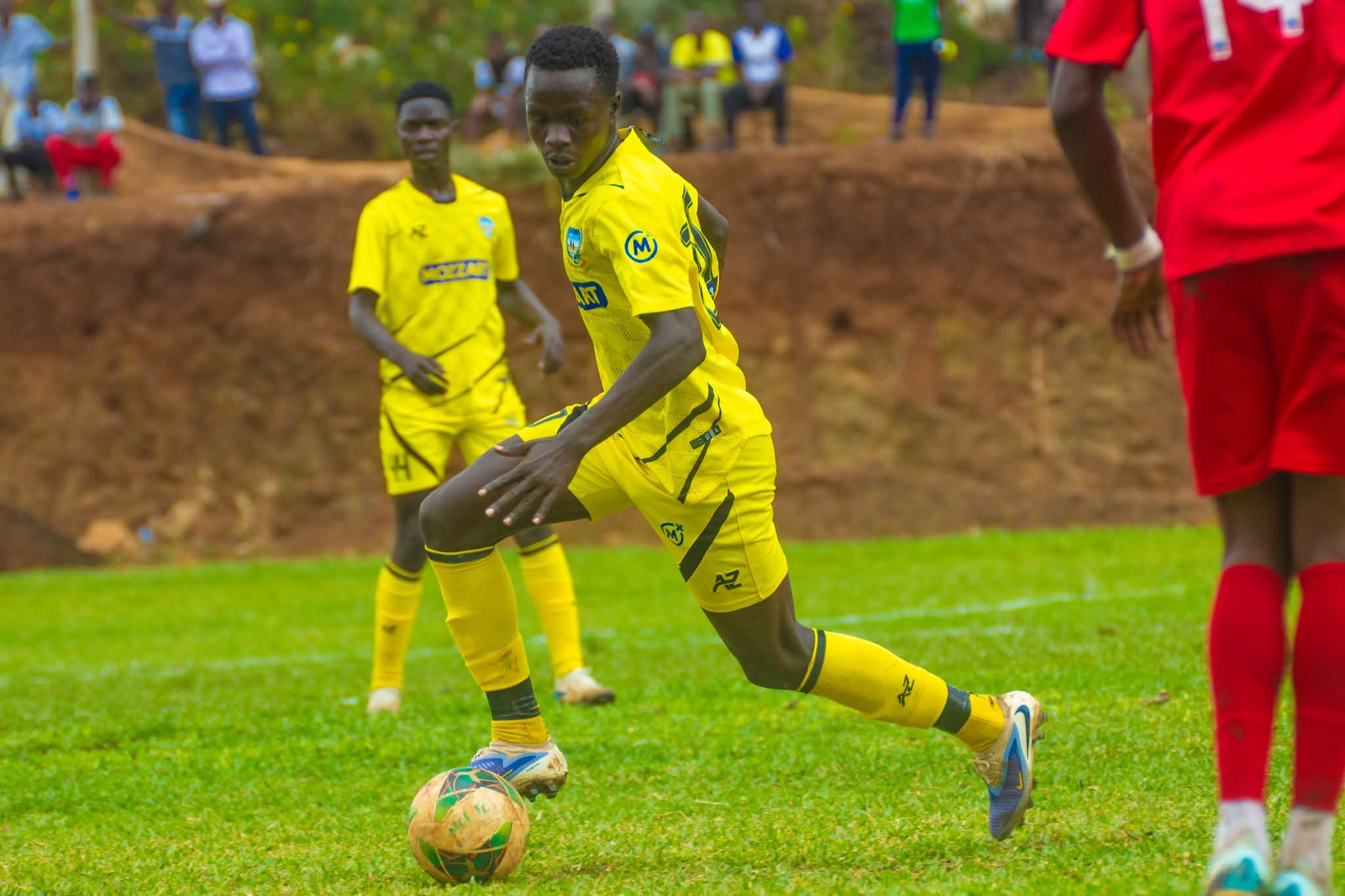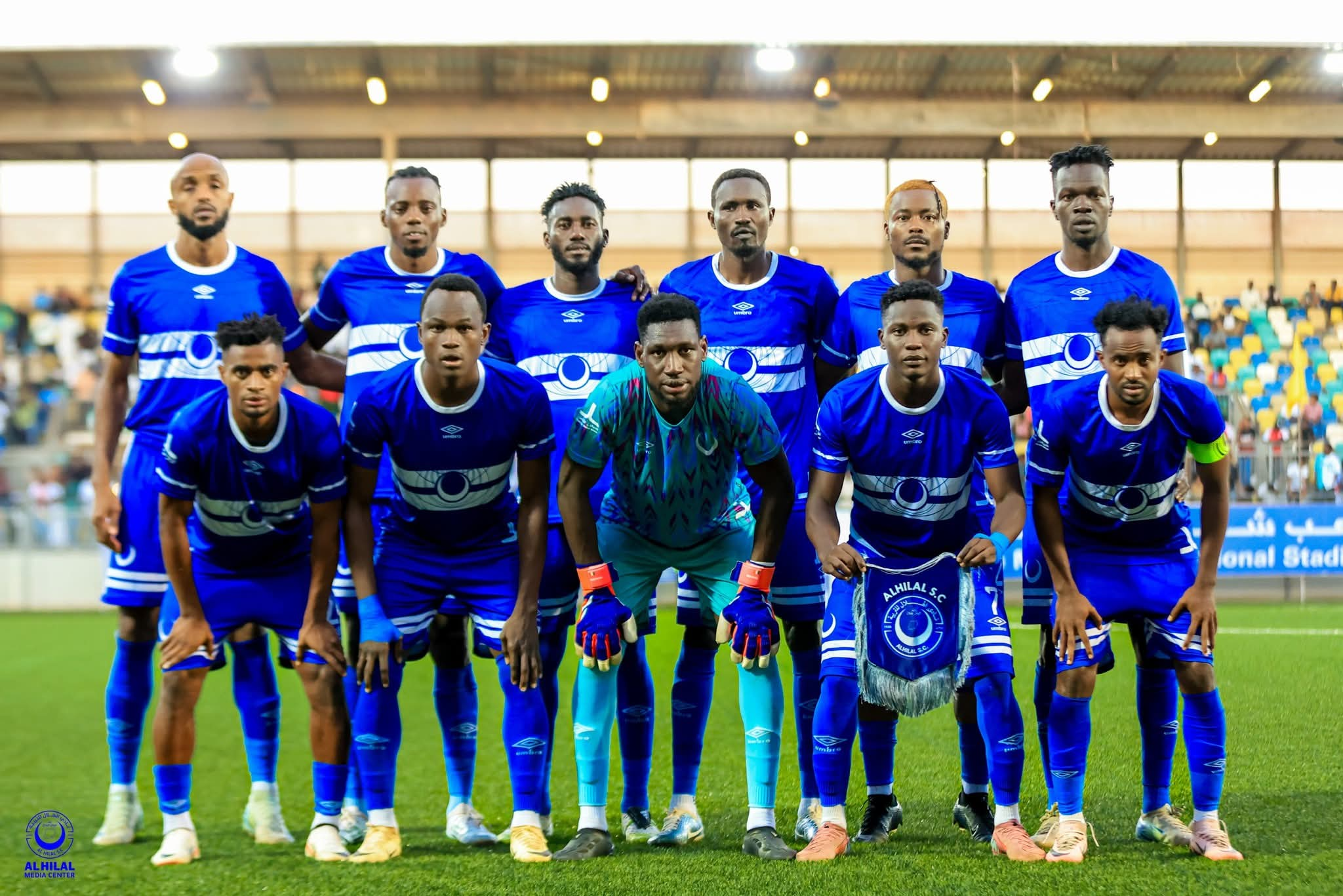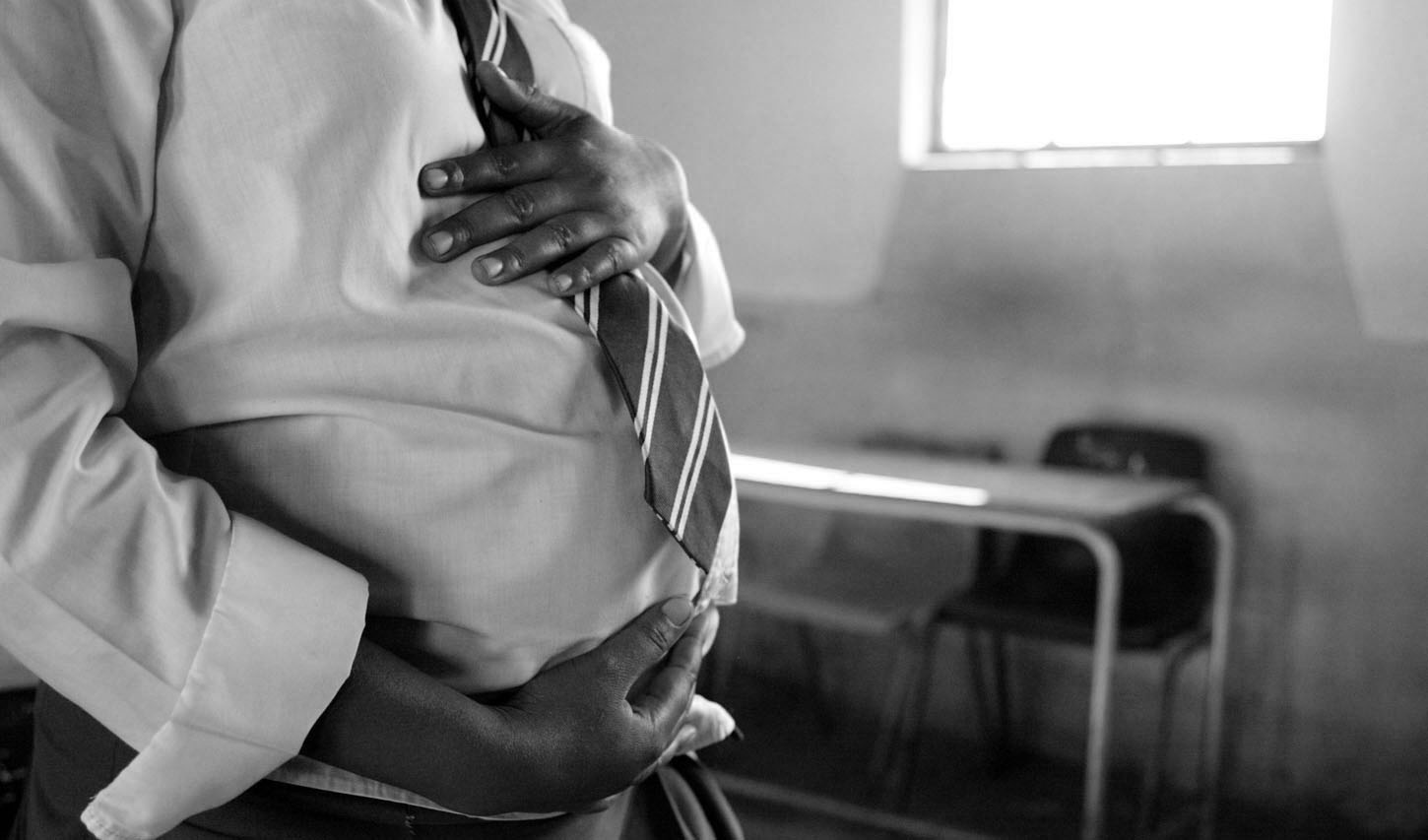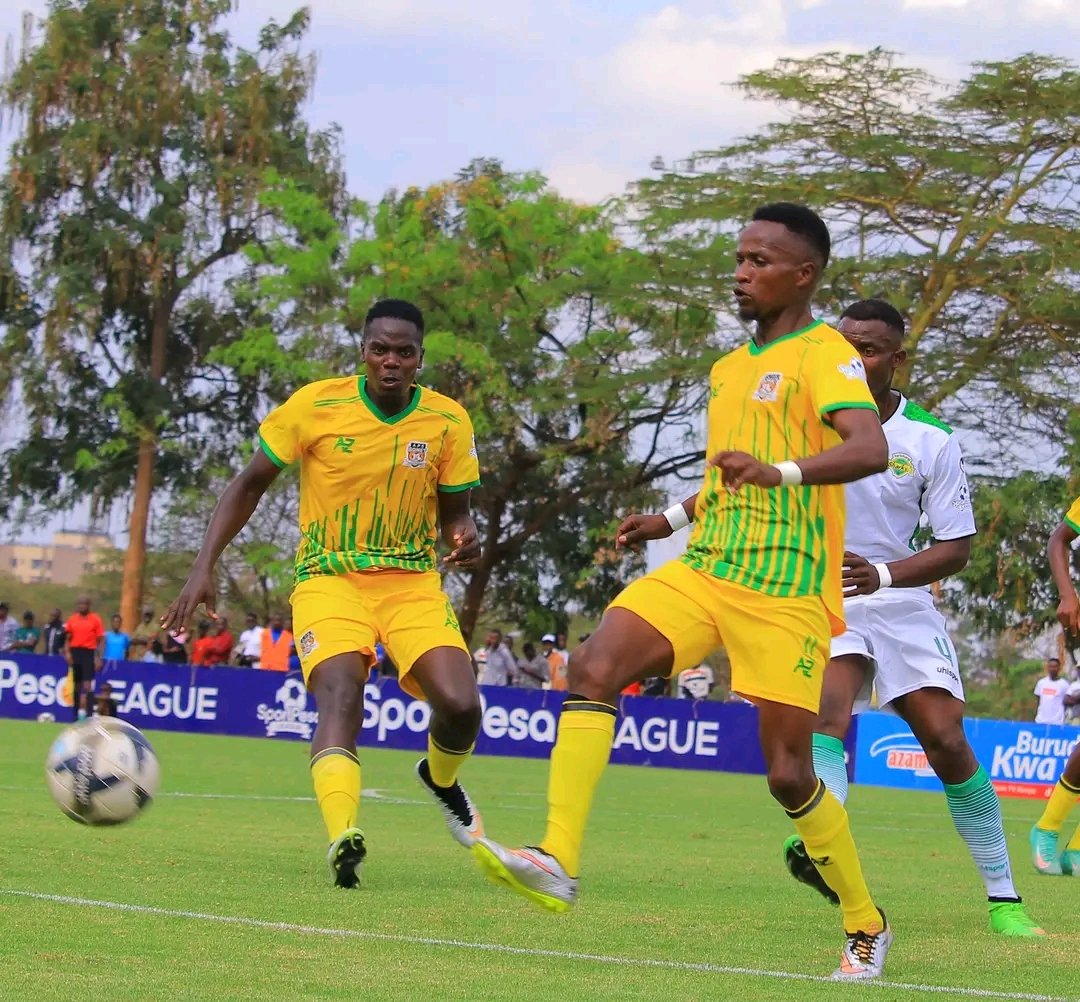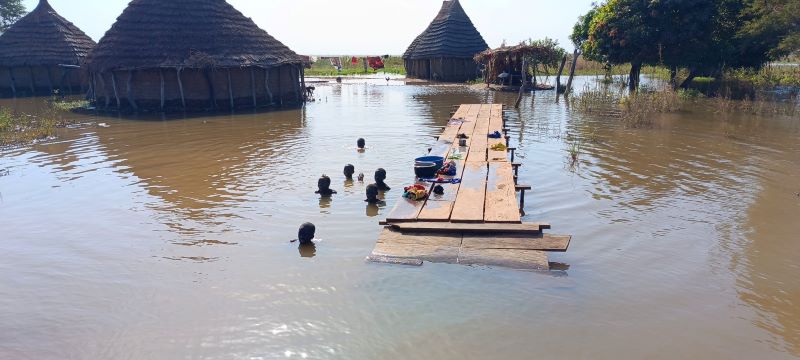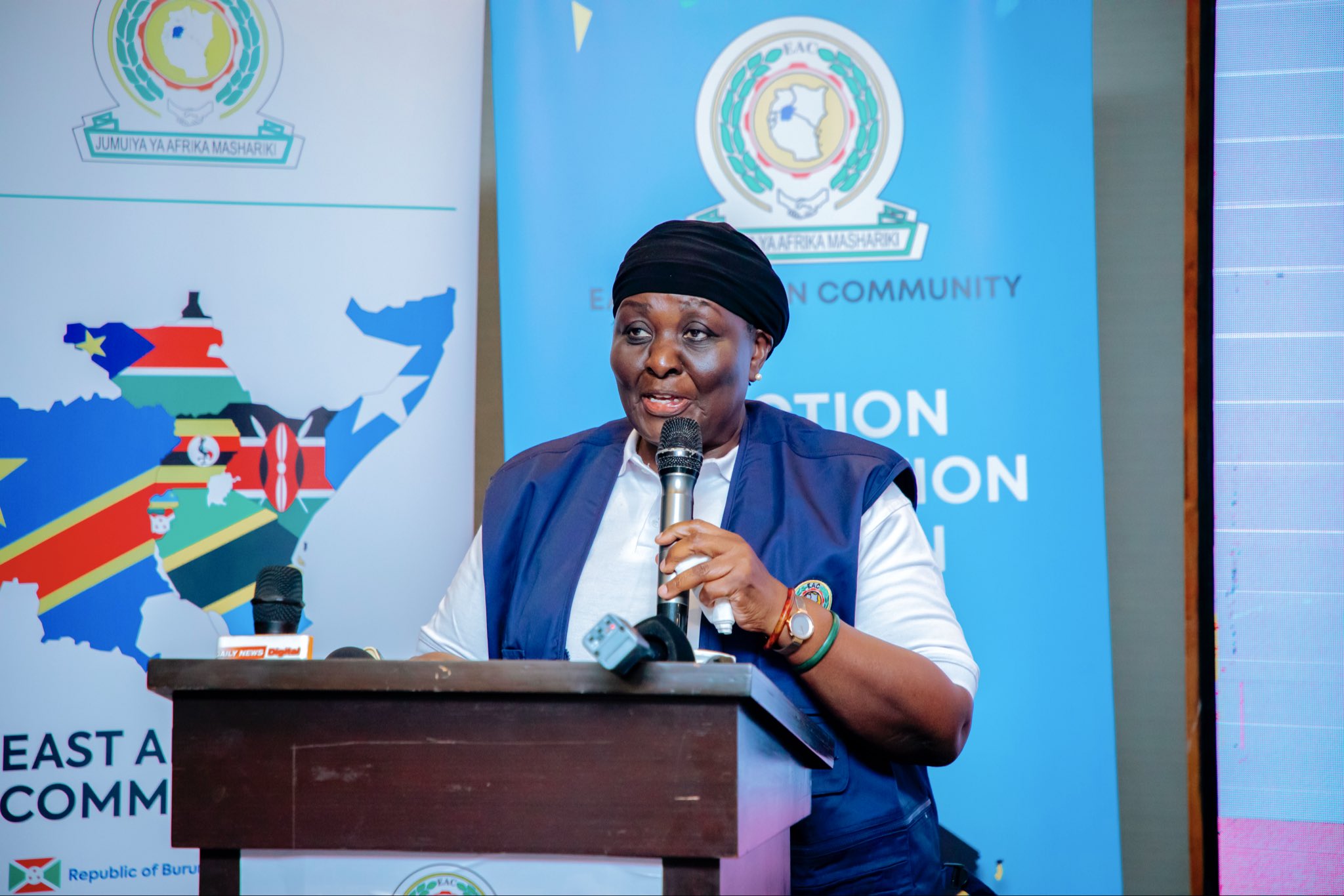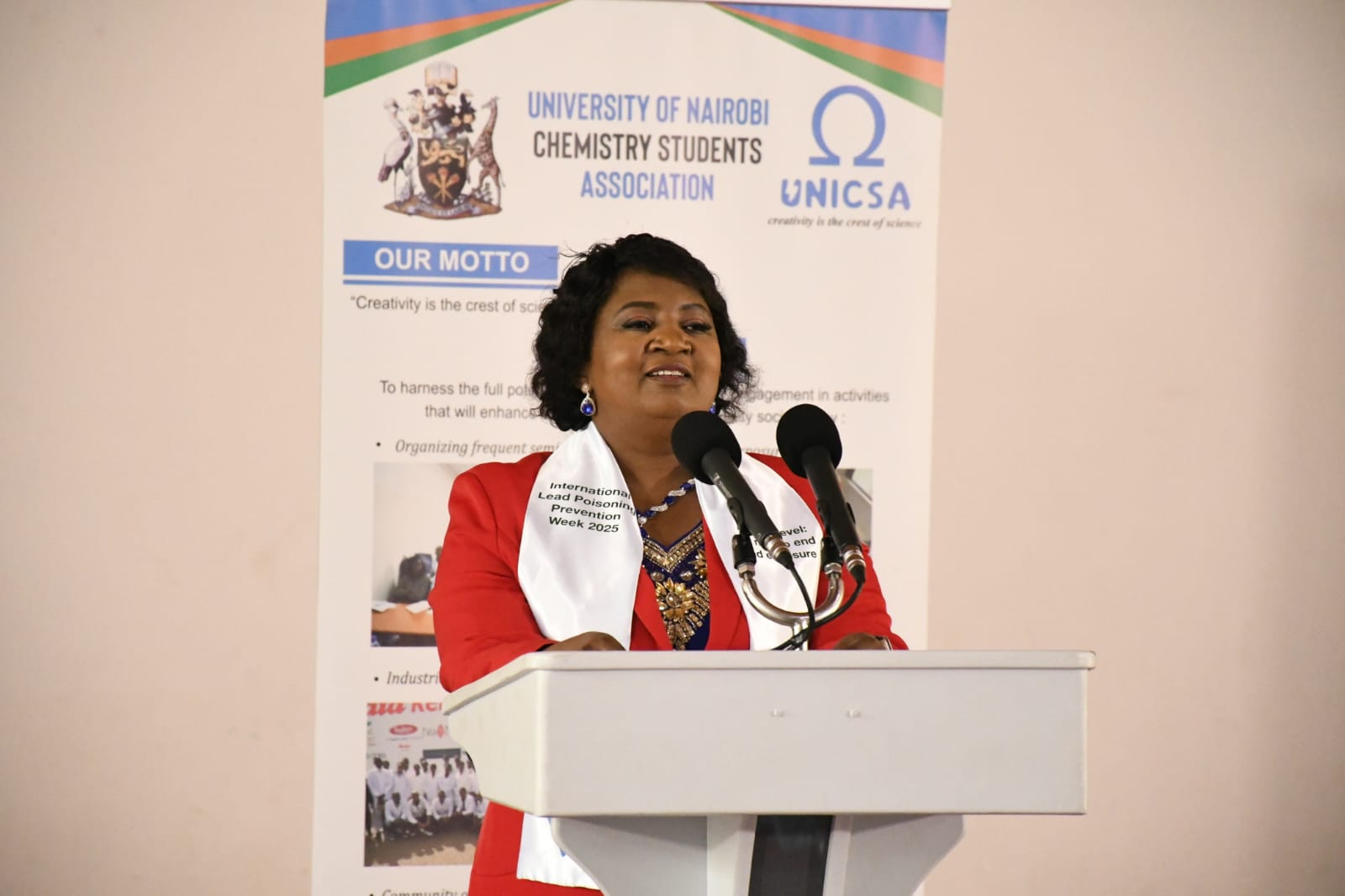Motorists slam 30-year Chinese concession on Nairobi–Nakuru–Mau Summit highway
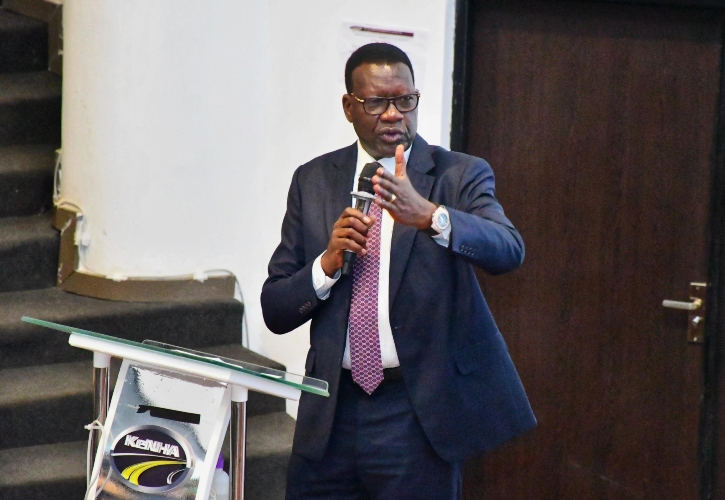
The Motorists Association of Kenya accused the government of subjecting travellers heading west to unnecessary costs while other road users enjoy free passage.
The Motorists Association of Kenya (MAK) has faulted the government for awarding the construction and management of the Nairobi–Nakuru–Mau Summit highway to a consortium led by the China Road and Bridge Corporation (CRBC), saying the deal is unjust and endangers the country’s economic independence.
In a statement issued on Friday, MAK said it was unfair to charge toll fees on the Northern Corridor while other busy routes, such as the Thika Superhighway and Kenol–Marua, remain free.
More To Read
- Motorists to pay Sh8 per kilometre on Rironi–Mau Summit Highway under new plan
- China Road and Bridge Corporation, NSSF endorsed for mega Rironi–Mau Summit Road upgrade
- Nairobi Southern Bypass to close this weekend for Standard Chartered Marathon
- KeNHA announces two-month traffic disruption on Thika Superhighway for footbridge works at Kihunguro
- Chinese companies are changing the way they operate in Africa: Here’s how
- Rironi–Mau Summit Highway to be commissioned in October, says CS Chirchir
The association accused the government of subjecting travellers heading west to unnecessary costs while other road users enjoy free passage.
“This move represents pure discrimination against Western-bound citizens and an alarming threat to Kenya’s sovereignty and economic independence. It is unacceptable to impose toll charges on Kenyans travelling westwards along the Northern Corridor while users of other major highways enjoy free access,” the association said.
The lobby questioned why the government chose to involve a foreign contractor under a 30-year concession instead of funding the project through domestic resources or development loans.
According to MAK, Kenya collects enough revenue from taxpayers to finance the road without surrendering its control to foreign investors.
“Can Kenya truly not afford Sh200 billion to upgrade its own national highway without surrendering it for 30 years?” the association asked, warning that the deal could leave the country exposed, similar to how foreign-funded projects in countries like Sri Lanka and Zambia ended with loss of key national assets.
Security and ownership concerns
MAK cautioned that the Northern Corridor is a strategic transport link that connects the Port of Mombasa to western Kenya and landlocked nations such as Uganda, Rwanda, and South Sudan. It said placing such critical infrastructure under foreign management could undermine Kenya’s security and control over its trade routes.
The association also pointed out that the country had successfully developed and expanded major roads like the Nairobi Bypasses, Kenol–Marua, Isiolo–Moyale, and Dongo Kundu without imposing toll charges or granting ownership rights to private firms.
“Your access to the Port of Mombasa, and by extension your economic freedom, is now compromised for the next 30 years. Our roads are public assets, not commodities for foreign control,” it said.
The protest followed Treasury’s decision to clear the project through the Public-Private Partnership (PPP) Committee, authorising the consortium to begin construction of the 175-kilometre highway.
The committee approved the feasibility report prepared by CRBC and the National Social Security Fund (NSSF), saying it met all technical and financial requirements.
The Sh200 billion project will be undertaken by a consortium of CRBC, NSSF, and Shandong Hi-Speed Road and Bridge International.
According to the Kenya National Highways Authority (KeNHA), the road will start at Rironi in Kiambu County, run through Nyandarua, and end at Mau Summit in Nakuru County.
Top Stories Today
